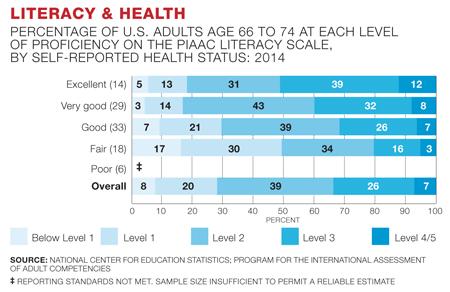Introduction
The illiteracy crisis in Brazil is a pressing issue that affects millions of individuals. Addressing this crisis is essential for the country’s socio-economic development. Many Brazilians lack basic reading and writing skills, which limits their opportunities and potential.
The Scope of the Illiteracy Crisis
Brazil faces a staggering rate of illiteracy, with a significant portion of the population unable to read or write. Understanding the scale of this problem is crucial for developing effective solutions. Illiteracy disproportionately affects marginalized communities, exacerbating inequalities.
Root Causes of Illiteracy
The causes of illiteracy in Brazil are multifaceted and deeply rooted in various socio-economic factors. Poverty, inadequate educational resources, and lack of access to quality schooling are primary contributors. Without addressing these foundational issues, any efforts to combat illiteracy will likely fall short.
Educational Reforms and Initiatives
Implementing educational reforms is vital for tackling the illiteracy crisis in Brazil. Programs aimed at improving teacher training and curriculum standards can make a significant impact. Additionally, investing in technology and resources for rural and underserved areas can bridge the educational gap.
Community Engagement and Support
Community involvement plays a crucial role in combating illiteracy. Encouraging families to participate in their children’s education can create a supportive learning environment. Various non-governmental organizations (NGOs) and local groups are also stepping in to provide tutoring and literacy programs.
Government Policies and Support
Effective government policies are essential to address the illiteracy crisis adequately. Policy-makers must prioritize education in their agendas and allocate sufficient funding. Collaborations between federal, state, and local governments can enhance educational outcomes and support literacy initiatives.
International Support and Collaboration
International partnerships can also play a role in addressing illiteracy in Brazil. Global organizations and foreign governments can provide funding, resources, and expertise. Initiatives focused on literacy can gain traction through international collaboration and shared knowledge.
Conclusion
Resolving the illiteracy crisis in Brazil is a complex yet attainable goal. By addressing root causes, implementing effective educational reforms, and fostering community involvement, progress can be made. For more insights on this critical issue, visit this article to learn more about the challenges and solutions for illiteracy in Brazil.

